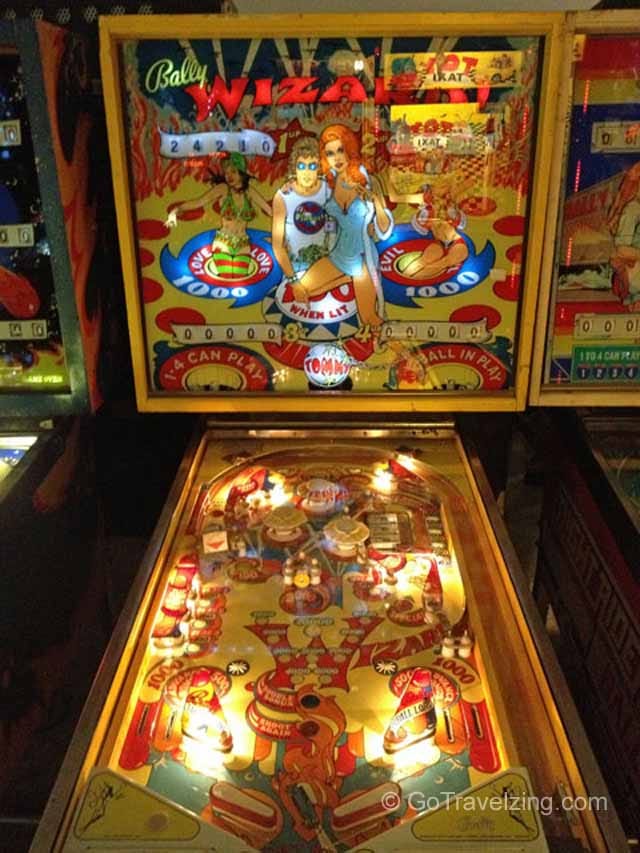


16 on the UK charts and in Australia, and No.
Who wrote pinball wizard first movie#
John's version uses a piano as the song's centerpiece in place of the acoustic guitar in the original (in the film, John's character is shown playing his pinball machine via a small piano keyboard), and features additional lyrics specially written by Townshend for the movie version, as well as a subtle inclusion of musical phrases from the Who's 1960s hit " I Can't Explain" during the outro (similarly, the Who's later cover of Elton John's " Saturday Night's Alright for Fighting" included parts of " Take Me to the Pilot"). It did however make the US Radio & Records airplay chart, where it reached number 9. Because it was not released as a commercial single in the US, it was ineligible to be listed on the Billboard Hot 100 chart. This version was released in 1975 as a promotional single only in the US, and in 1976 in the UK, where it reached number 7. The song was performed by English musician Elton John in Ken Russell's 1975 film adaptation of Tommy. " Grow Some Funk of Your Own / I Feel Like a Bullet (In the Gun of Robert Ford)"
.jpg)
Sales+streaming figures based on certification alone.Įlton John version "Pinball Wizard"

The single version was slightly sped up and runs to 2:57, whilst the natural length album version runs to 3:04.īillboard described the single as "a solid beat rocker." Live performances The song "Pinball Wizard" was written and recorded almost immediately. Knowing Cohn was an avid pinball fan, Townshend suggested that Tommy would play pinball, and Cohn immediately declared Tommy to be a masterpiece. Following this, Townshend, as Tommy 's principal composer, discussed the album with Cohn and concluded that, to lighten the load of the rock opera's heavy spiritual overtones (Townshend had recently become deeply interested in the teachings of Meher Baba), the title character, a "deaf, dumb, and blind" boy, should also be particularly good at a certain game. In late 1968 or early 1969, when the Who played a rough assembly of their new album to critic Nik Cohn, Cohn gave a lukewarm reaction to it. It was a perpetual concert favourite for Who fans due to its pop sound and familiarity. Nevertheless, the song was a commercial success and remains one of the most recognised tunes from the opera. Townshend once called it "the most clumsy piece of writing ever done". The lyrics are written from the perspective of a pinball champion, called "Local Lad" in the Tommy libretto book, astounded by the skills of the opera's eponymous main character, Tommy Walker: "He ain't got no distractions / Can't hear those buzzers and bells / Don't see lights a flashin' / Plays by sense of smell / Always gets a replay / Never seen him fall / That deaf dumb and blind kid / Sure plays a mean pinball.", and "I thought I was the Bally table king, but I just handed my pinball crown to him".


 0 kommentar(er)
0 kommentar(er)
